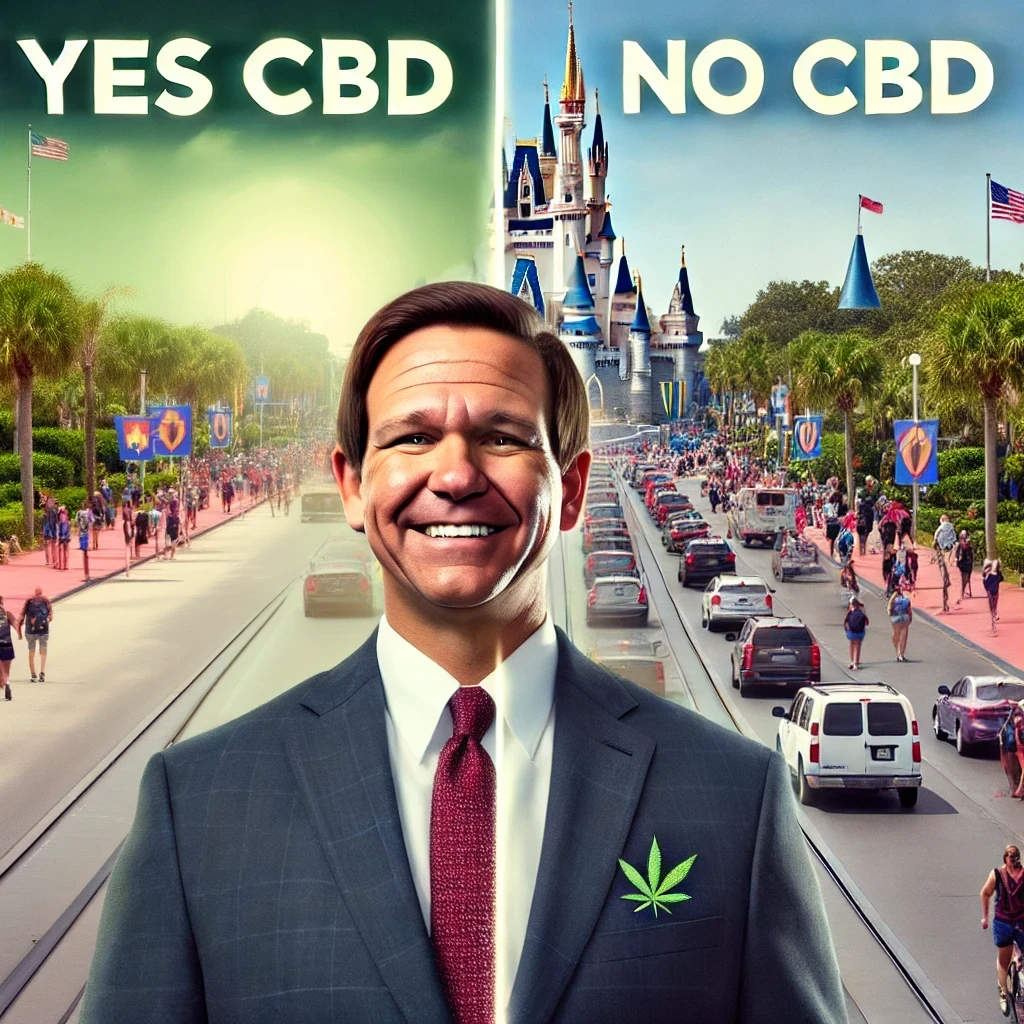In June, Governor Ron DeSantis vetoed Senate Bill 1698, a bill aimed at regulating food and hemp products in Florida. The bill sought to prohibit the manufacture and sale of hemp products containing delta-8 THC, a compound similar to the intoxicating delta-9 THC found in marijuana. DeSantis argued that the bill would impose heavy regulatory burdens on small businesses and likely fail to achieve its goals, instead causing harm to many small businesses that have emerged due to recent legislation allowing commercial hemp use.
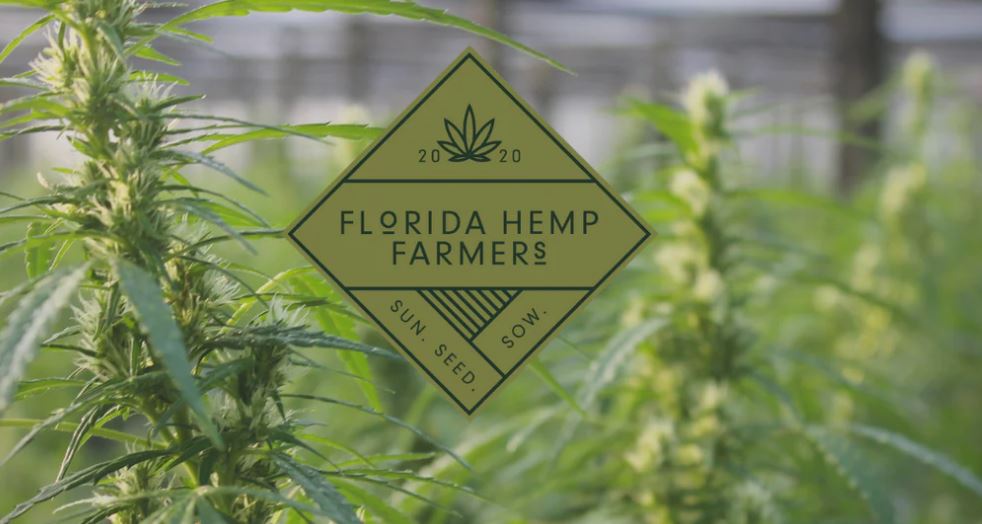
By vetoing SB 1698, DeSantis has effectively allowed a loophole from the 2018 Farm Bill to remain in place. This loophole has led to the widespread availability of hemp-derived THC products, which can produce the same effects as marijuana. The lack of regulation and the continued sale of these products have raised significant public safety concerns, particularly regarding driving under the influence of THC.
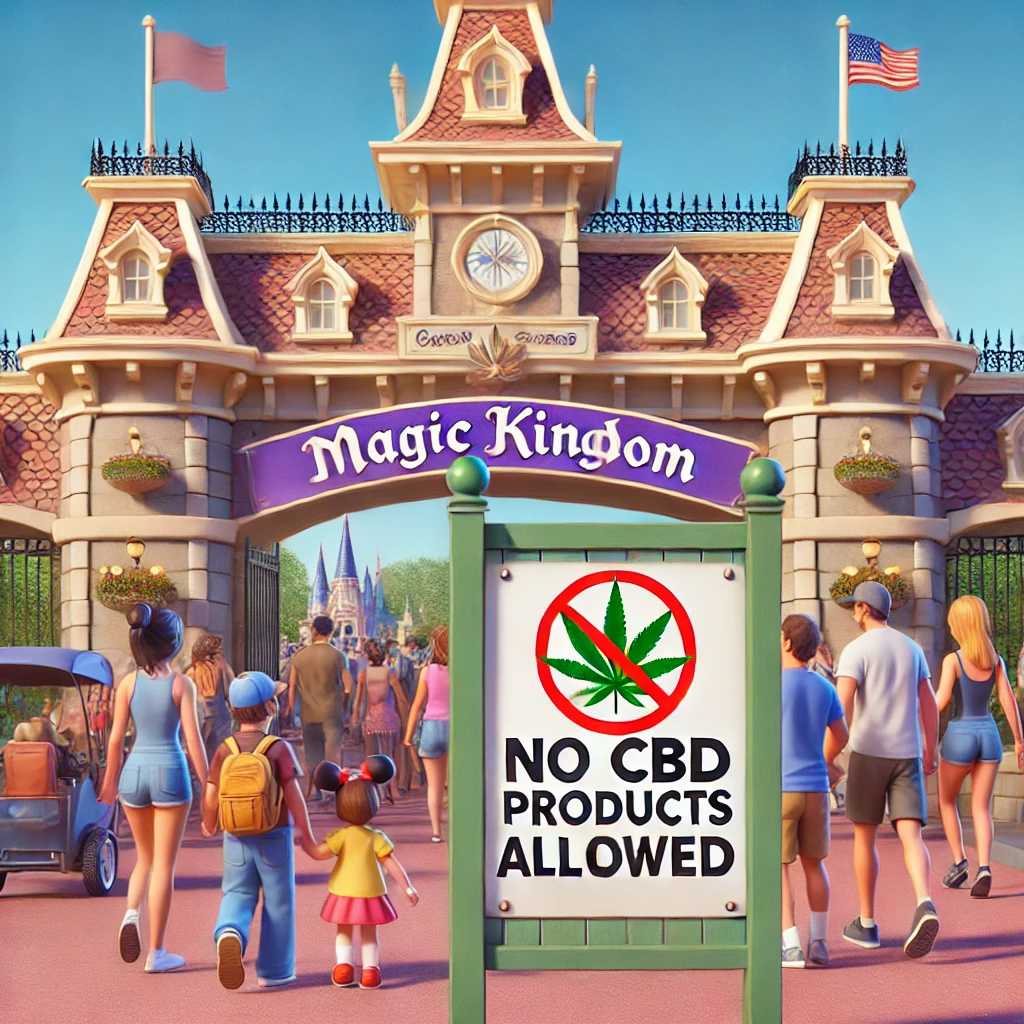
Contrasting sharply with DeSantis’ approach, Orlando’s renowned theme parks, such as Walt Disney World and Universal Studios, enforce strict no-cannabis policies. These parks have clear prohibitions on all cannabis products, including delta-8 THC and CBD, ensuring that visitors adhere to their stringent rules to maintain a family-friendly environment. Their website clearly states, “..All drug paraphernalia used for marijuana, cannabis and hemp is prohibited. Medically prescribed marijuana, as well as items derived from or enriched by marijuana, including items and products that contain THC (Tetrahydrocannabinol) and or CBD (Cannabidiol) are also prohibited.”
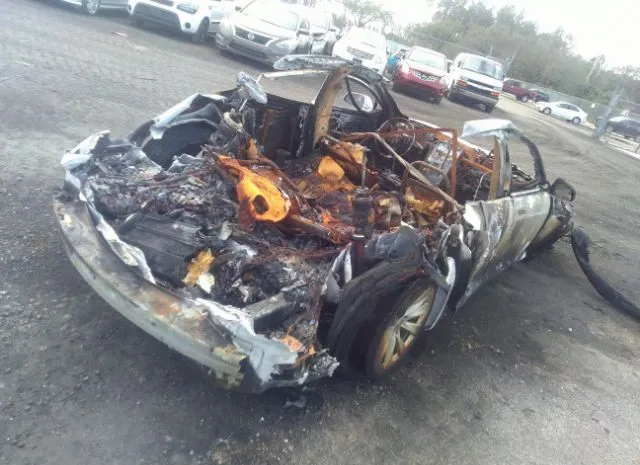
Driving under the influence of THC, regardless if it is Delta 8 or 9, is a major public safety issue. According to the National Institute on Drug Abuse (NIDA), THC impairs motor coordination, reaction time, and judgment, increasing the risk of accidents. The National Highway Traffic Safety Administration (NHTSA) also reports that marijuana use can double the risk of being involved in a car accident. Recent studies, such as one from the University of Illinois Chicago, have found that states with legal recreational weed saw a 10% increase in motor vehicle accident deaths.
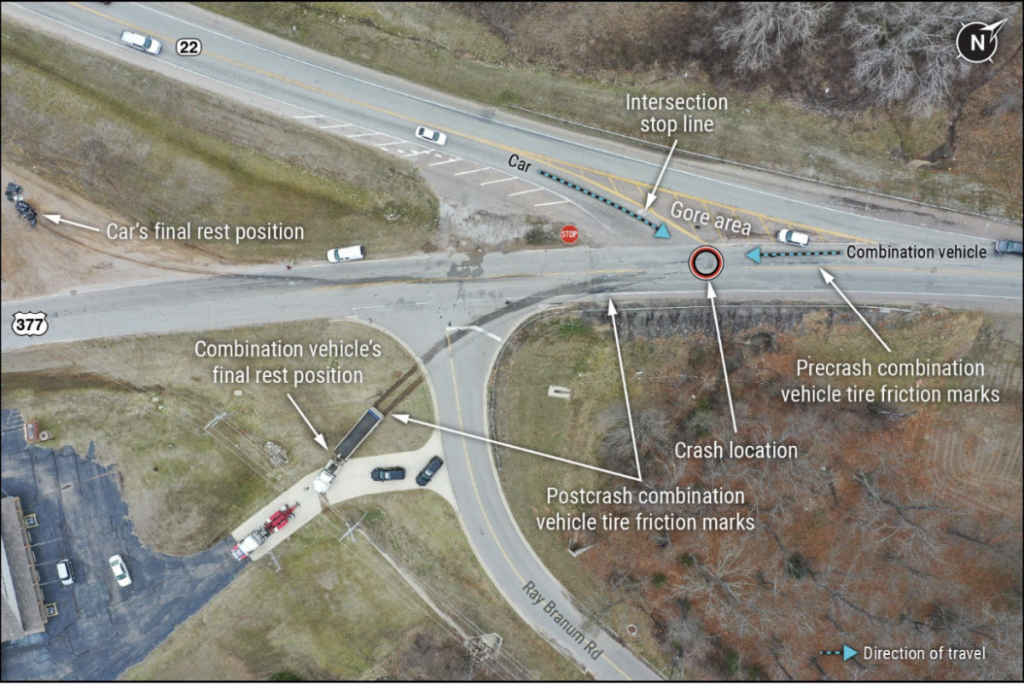
A recent report from the National Transportation Safety Board (NTSB) highlighted the dangers of driving while under the influence of THC. The NTSB investigated a 2022 crash in Oklahoma where six teens died. The toxicology report found that the driver had been using marijuana. Robert Molloy, director of highway safety at the NTSB, commented, “We have a crash in which six young ladies went out to get lunch. That was all they did. When they added marijuana to the mix, they ended up dying in a crash. I think we need to take lessons from that.”
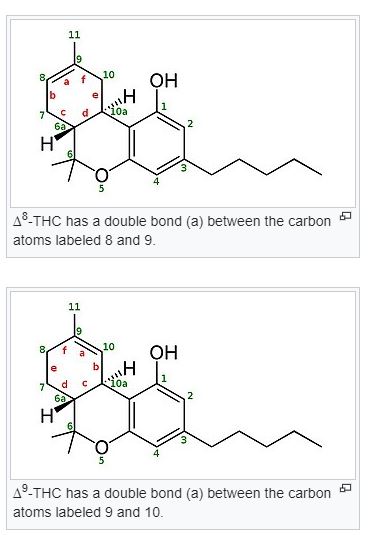
The rise in the availability of hemp-derived THC products, such as delta-8 THC, complicates this issue. These products are often marketed as legal alternatives to marijuana, even though they can have the same intoxicating effects. The lack of clear regulations and labeling requirements makes it difficult for consumers to understand the risks, including the potential for impairment while driving. Adding to the complexity is the fact that delta-8 THC can show up on regular drug tests. Because it’s chemically similar to delta-9 THC, it can cause a positive drug test for cannabis, even if someone doesn’t use “illegal” cannabis products. This allows Floridians to think they are following the law, consume “legal” products and then face serious criminal ramifications if they are involved in an accident. The difference between delta8 and delta9 is one carbon bond, technically a legal difference, but in reality there is none.
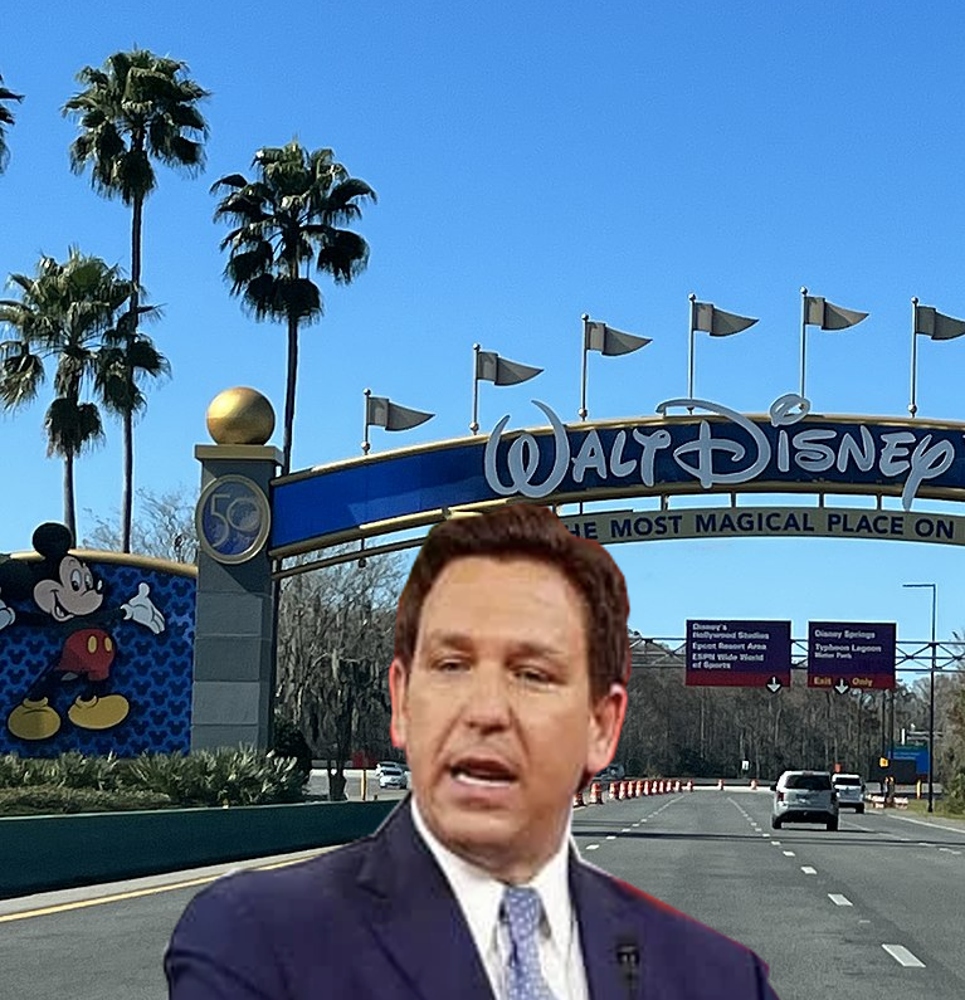
Disney clearly understands that there is no difference and thus enforces a ban. Governor DeSantis acknowledged the need for sensible regulations in his veto letter. He urged the Florida Legislature to work with stakeholders to create a comprehensive regulatory framework for hemp products that would ensure public safety while allowing legitimate businesses to flourish. DeSantis emphasized the importance of quality control measures, such as random inspections and standardized testing, to ensure that hemp products are safe for consumption.
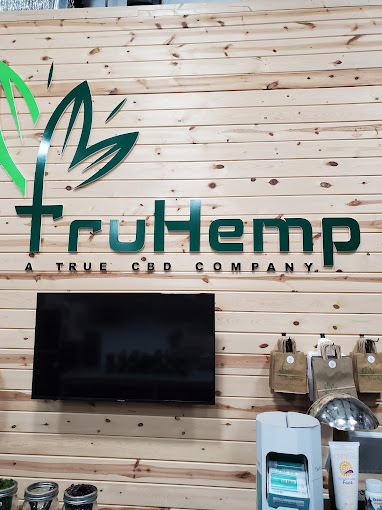
Despite DeSantis’s rhetoric, the current regulatory environment allows for the continued sale of hemp-derived THC products containing Delta 8. Efforts at both state and federal levels are ongoing to close the loophole in the 2018 Farm Bill that has allowed these products to proliferate. In May, the House Agriculture Committee adopted an amendment for the next Farm Bill that would ban hemp-based cannabinoids. Whether this amendment will make it into the final bill remains uncertain.
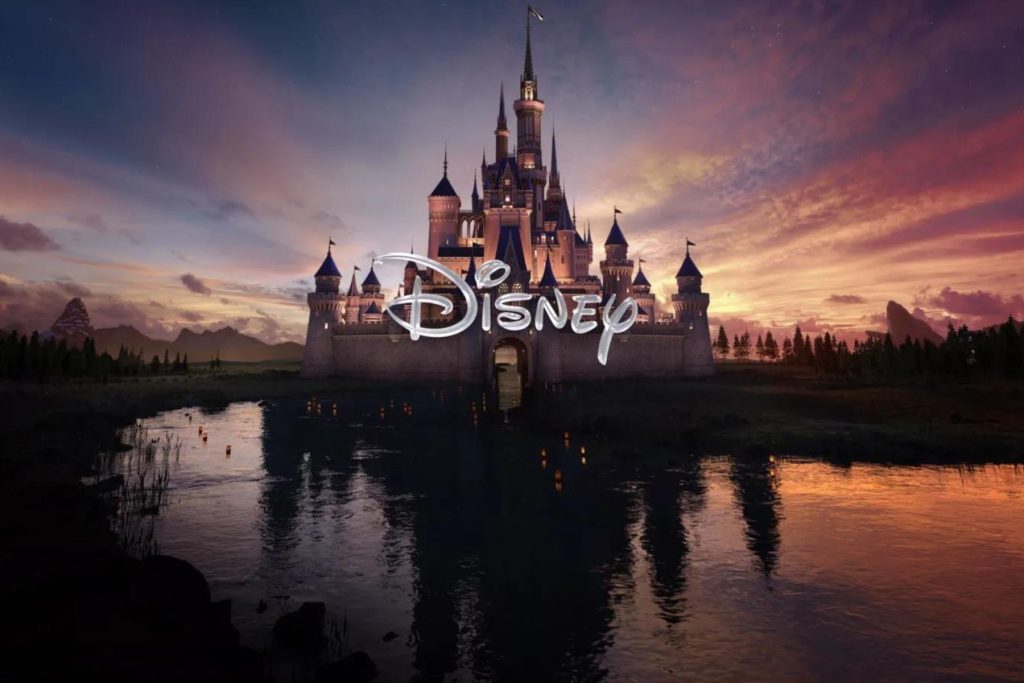
In Orlando, theme parks like Walt Disney World and Universal Studios have taken a different approach. While hemp products are generally legal in Florida, these parks enforce strict no-cannabis policies. This includes prohibitions on delta-8 THC and CBD products, ensuring a controlled environment for their visitors. Disney and Universal’s stringent rules contrast with DeSantis’ more business-friendly stance, highlighting a significant difference in approach to cannabis regulation.
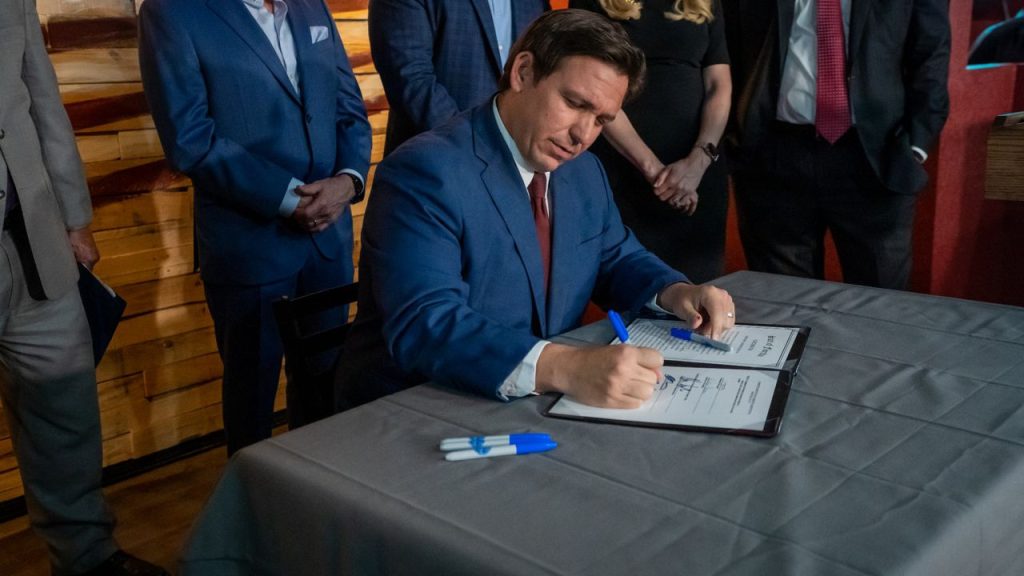
Governor DeSantis’ veto of SB 1698 highlights the complexities of regulating the cannabis market. While he has left the door open for future legislation, the current landscape continues to pose challenges for public safety, particularly in preventing driving under the influence of THC. As the cannabis market evolves, finding a balance between supporting legitimate businesses and ensuring public safety remains a critical issue for lawmakers and regulators.

Sources:
- National Institute on Drug Abuse (NIDA): Drugged Driving
- National Highway Traffic Safety Administration (NHTSA): Marijuana-Impaired Driving
- House Agriculture Committee: 2023 Farm Bill Update
- University of Illinois Chicago: Study on Recreational Weed and Traffic Deaths
- Disney: Park Policy

